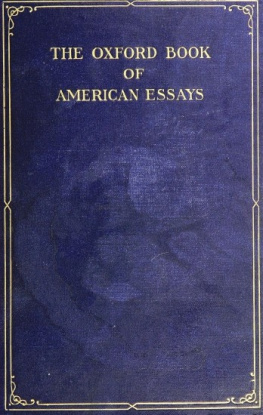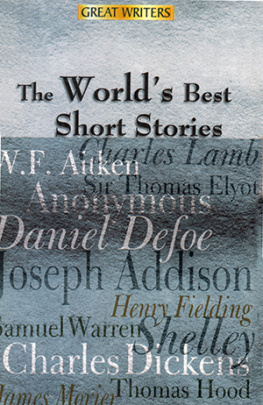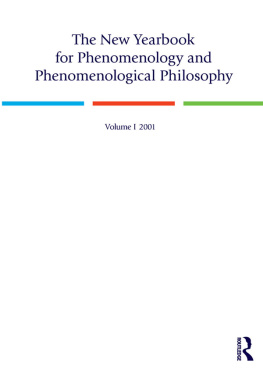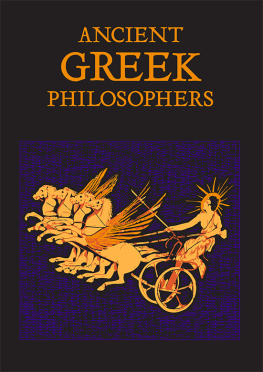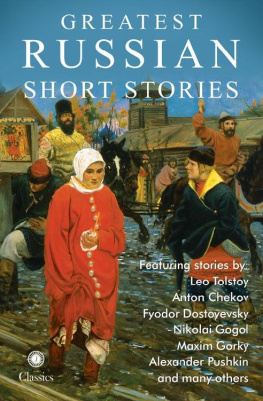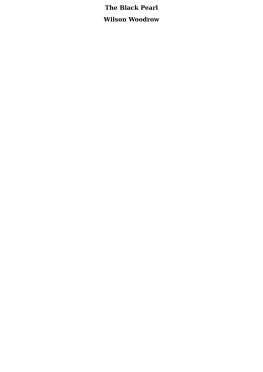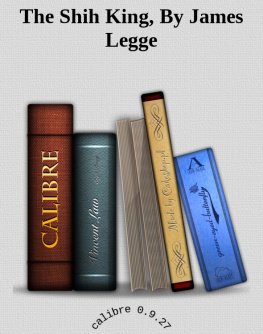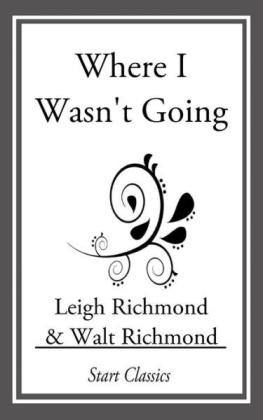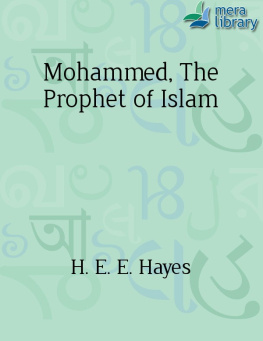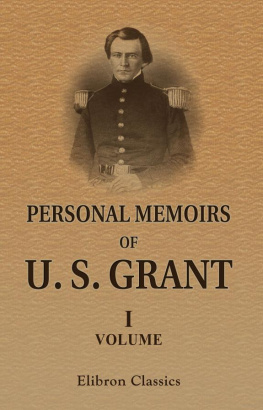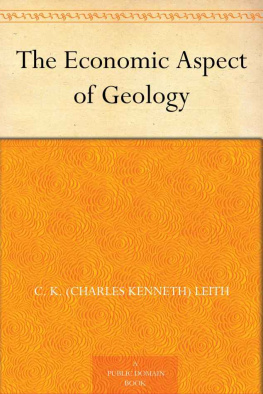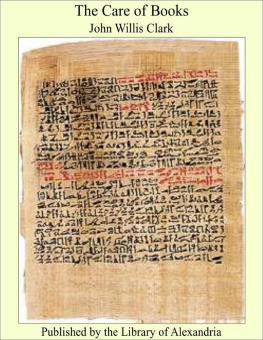THE OXFORD BOOK OF
AMERICAN ESSAYS
CHOSEN BY
BRANDER MATTHEWS
Professor in Columbia University
Member of the American Academy of Arts and Letters
NEW YORK
OXFORD UNIVERSITY PRESS
AMERICAN BRANCH: 35 West 32nd Street
LONDON, TORONTO, MELBOURNE, AND BOMBAY
HUMPHREY MILFORD
1914
ALL RIGHTS RESERVED
Copyright, 1914
OXFORD UNIVERSITY PRESS
AMERICAN BRANCH
| PAGE |
| Introduction |
| The Ephemera: an Emblem of Human Life |
| Benjamin Franklin (1706-1790). |
| The Whistle |
| Benjamin Franklin (1706-1790). |
| Dialogue Between Franklin and the Gout |
| Benjamin Franklin (1706-1790). |
| Consolation for the Old Bachelor |
| Francis Hopkinson (1737-1791). |
| John Bull |
| Washington Irving (1783-1859). |
| The Mutability of Literature |
| Washington Irving (1783-1859). |
| Keans Acting |
| Richard Henry Dana (1787-1879). |
| Gifts |
| Ralph Waldo Emerson (1803-1882). |
| Uses of Great Men |
| Ralph Waldo Emerson (1803-1882). |
| Buds and Bird-voices |
| Nathaniel Hawthorne (1804-1864). |
| The Philosophy of Composition |
| Edgar Allan Poe (1809-1849). |
| Bread and the Newspaper |
| Oliver Wendell Holmes (1809-1894). |
| Walking |
| Henry David Thoreau (1817-1862). |
| On a Certain Condescension in Foreigners |
| James Russell Lowell (1819-1891). |
| Preface To Leaves of Grass |
| Walt Whitman (1819-1892). |
| Americanism in Literature |
| Thomas Wentworth Higginson (1823-1911). |
| Thackeray in America |
| George William Curtis (1824-1892). |
| Our March To Washington |
| Theodore Winthrop (1828-1861). |
| Calvin (A Study of Character) |
| Charles Dudley Warner (1829-1900). |
| Five American Contributions To Civilization |
| Charles William Eliot (1834- ). |
| I Talk of Dreams |
| William Dean Howells (1837- ). |
| An Idyl of the Honey-bee |
| John Burroughs (1837- ). |
| Cut-off Coppless |
| Clarence King (1842-1901). |
| The Thtre Franais |
| Henry James (1843- ). |
| Theocritus on Cape Cod |
| Hamilton Wright Mabie (1846- ). |
| Colonialism in the United States |
| Henry Cabot Lodge (1850- ). |
| New York After Paris |
| William Crary Brownell (1851- ). |
| The Tyranny of Things |
| Edward Sandford Martin (1856- ). |
| Free Trade Vs. Protection in Literature |
| Samuel McChord Crothers (1857- ). |
| Dante and the Bowery |
| Theodore Roosevelt (1858- ). |
| The Revolt of the Unfit |
| Nicholas Murray Butler (1862- ). |
| On Translating the Odes of Horace |
| William Peterfield Trent (1862- ). |
INTRODUCTION
THE customary antithesis between American literature and English literature is unfortunate and misleading in that it seems to exclude American authors from the noble roll of those who have contributed to the literature of our mother-tongue. Of course, when we consider it carefully we cannot fail to see that the literature of a language is one and indivisible and that the nativity or the domicile of those who make it matters nothing. Just as Alexandrian literature is Greek, so American literature is English; and as Theocritus demands inclusion in any account of Greek literature, so Thoreau cannot be omitted from any history of English literature as a whole. The works of Anthony Hamilton and Rousseau, Mme. de Stal and M. Maeterlinck are not more indisputably a part of the literature of the French language than the works of Franklin and Emerson, of Hawthorne and Poe are part of the literature of the English language. Theocritus may never have set foot on the soil of Greece, and Thoreau never adventured himself on the Atlantic to visit the island-home of his ancestors; yet the former expressed himself in Greek and the latter in English,and how can either be neglected in any comprehensive survey of the literature of his own tongue?
None the less is it undeniable that there is in Franklin and Emerson, in Walt Whitman and Mark Twain, whatever their mastery of the idiom they inherited in common with Steele and Carlyle, with Browning and Lamb, an indefinable and intangible flavor which distinguishes the first group from the second. The men who have set down the feelings and the thoughts, the words and the deeds of the inhabitants of the United States have not quite the same outlook on life that we find in the men who have made a similar record in the British Isles. The social atmosphere is not the same on the opposite shores of the Western ocean; and the social organization is different in many particulars. For all that American literature is,in the apt phrase of Mr. Howells,a condition of English literature, nevertheless it is also distinctively American. American writers are as loyal to the finer traditions of English literature as British writers are; they take an equal pride that they are also heirs of Chaucer and Dryden and subjects of King Shakspere; yet they cannot help having the note of their own nationality.
Green, when he came to the Fourth of July, 1776, declared that thereafter the history of the English-speaking people flowed in two currents; and it is equally obvious that the stream of English literature has now two channels. The younger and the smaller is Americanand what can we call the older and the ampler except British? A century ago there were published collections entitled the British Poets, the British Novelists, and the British Essayists; and the adjective was probably then chosen to indicate that these gatherings included the work of Scotch and Irish writers. Whatever the reason, the choice was happy; and the same adjective would serve to indicate now that the selections excluded the work of American writers. The British branch of English literature is the richer and the more various; yet the American branch has its own richness and its own variety, even if these qualities have revealed themselves only in the past hundred years.
It may be noted also that although American literature has not been adorned by so great a galaxy of brilliant names as illumined British literature in the nineteenth century, it has had the good fortune to possess more authors of cosmopolitan fame than can be found in the German literature of the past hundred years, in the Italian, or in the Spanish. A forgotten American essayist once asserted that foreign nations are a contemporaneous posterity, and even if this smart saying is not to be taken too literally, it has its significance. There is therefore food for thought in the fact that at least half a dozen, not to say half a score, of American authors have won wide popularity outside the limits of their own language,a statement which could not be made of as many German or Italian or Spanish authors of the nineteenth century. From the death of Goethe to the arrival of the playwrights of the present generation, perhaps Heine is the sole German writer either of prose or of verse who has established his reputation broadly among the readers of other tongues than his own. And not more than one or two Spanish or Italian authors have been received even by their fellow Latins, as warmly as the French and the Germans have welcomed Cooper and Poe, Emerson and Mark Twain.
Next page
